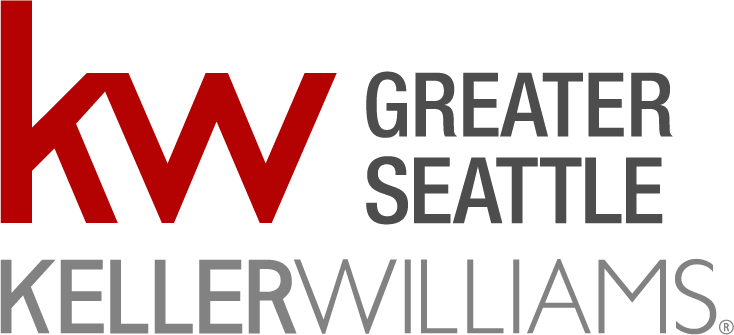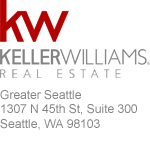Presale Process
This article focuses on the pre-construction presale process. The presale process is composed of four distinct phases – Reservation, Examination/Contract, Construction and Closing.
Reservation
The Reservation phase is the first offering to the public. Developers will provide preliminary renderings, floor plans and prices of the project. In Seattle, many high-end developers will host a presentation event. During the reservation phase buyers can make a reservation to purchase a unit at a significantly discounted price. A deposit will be required at the time of reservation, which can range between $10,000 to 10% of the purchase price.
The Reservation phase is necessary for the project developer. In order to obtain financing, the developer must show there is a demand for the project. The reservation is revocable; therefore, there is little risk, though it is important to check the requirements of each development.
Examination & Contract
During the Examination & Contract phase the developer will provide the buyer an opportunity to review the public offering statement & contracts. The public offering statement includes final renderings, floor plans, by-laws, covenants, restrictions, budget, etc. Generally, the buyer will have a specific number of days to review the information in order to decide whether to purchase or not. If the buyer chooses not to purchase, their reservation deposit will be fully refunded.
If the buyer chooses to move forward and purchase the unit, the reservation will convert to a purchase and sale contract. An earnest money deposit will be required which may range between 1% to 10%, though requirements will vary by development.
Construction
Once the developer has sold enough units, they will move forward to construction of the project. Construction can range from 1 to 2 years depending on the size and scope of the project. Typically, prices rise and units sold during the construction phase are higher than the pre-construction price. By the time the project is complete, buyers may realize an appreciation in value. Any appreciation is dependent on market conditions at the time of completion.
Closing
The final stage is closing. Closing on a pre-sale is similar to the closing of any other real estate transaction. The buyer will have a walk-through inspection, provide the remainder of the down payment, the loan will be funded and escrow documents will be signed.
Many developers may provide financing options through third parties (e.g. banks) providing long-term rate locks. However, buyers are responsible for obtaining their own financing, whether utilizing the developer’s recommended lender or your own lender.






Ben –
Do you know how common it is for the preferred lenders to offer interest rate locks during the pre-sale process? With the steady rise of rates recently, and the potential for more increases through the rest of the year, this would be of particular interest to many pre-sale shoppers – including my wife and I!
And thanks for the great post. As a first-time homebuyer this was the best info I have been able to find on the pre-sales process.
Tom
Tom,
Thank you for your comment; I’m glad you find the article useful. To answer your question, it is fairly common for developers to offer long-term rate locks, particularly for new construction. For instance, Vulcan’s 2200 project offered pre-sale buyers a 24 month rate lock. Those folks got a great rate. Of course, whether or not a project will have a long-term rate lock is dependent on individual developers and their preferred lender.